Brazil steps up international promotion of cotton
Business and Markets |
In July, the Brazilian government renewed the program of actions to promote and develop international markets for Brazilian cotton. Public agencies, entities from the agricultural and industrial production sector and embassies have been working in partnership since 2019 to further strengthen the Cotton Brazil brand, especially among Asian countries – which concentrate imports of Brazilian lint.
The initiative is overseen by the Brazilian Cotton Growers Association (Abrapa), in direct partnership with the Brazilian Trade and Investment Promotion Agency (ApexBrasil). ApexBrasil is the main governmental body that Brazil has to support, finance and expand the export of products Made in Brazil.
The strategy adopted by Brazil to promote its cotton has been to get even closer to nations that already import the product. At the same time, in partnership with the Ministry of Foreign Affairs (MRE) and the Ministry of Agriculture and Livestock (Mapa), Abrapa is prospecting markets that are not yet customers. A successful example is Egypt, which authorized the import of Brazilian lint in early 2023.
This approach is based on the exchange of qualified information, technical and commercial networking, and institutional partnerships with the most relevant textile sector entities at the global level. Binational sectoral events are held annually by Cotton Brazil, which also fosters trade missions in which the country receives buyers or sends cotton growers to importing nations.
Nine countries have been priorities for the Brazilian program: China, Bangladesh, Vietnam, Pakistan, Turkey, Indonesia, South Korea, India, and Thailand – the world’s largest importers of the fiber. The list includes other countries such as Egypt, Mexico, Peru, and Italy.
In the 2021/22 season alone, more than 40 binational events were held, impacting more than 5,000 business and opinion leaders across the global textile industry. “The union between us, growers, the Brazilian Government and sectoral entities has been key for the success of Cotton Brazil, even with the restrictions we faced during the pandemic”, says Alexandre Schenkel, president of Abrapa.
Brazil’s goal is to reach 2030 as the world’s leading cotton exporter. Today the country is second only to the United States. Currently the fourth largest producer, the country is expected to expand planted volumes and, consequently, shipments abroad.
To this end, the work agenda provides for a major step in the coming months: the approach with major global retail brands. “We are ready for this conversation” says Schenkel.
Always resorting to numbers, projections and studies, the president highlights the commitment to sustainability as an important business card for Brazilian cotton. “We have something to show. We are the main global supplier of Better Cotton, and 82% of our last crop was granted socio-environmental certification”, emphasizes the president of Abrapa.
One of the reasons for the good results is the priority that the association places on three pillars: quality, traceability, and sustainability. “Our focus is to offer the best cotton possible, produced with responsible planting and ginning practices, and that can be easily traced. For this reason, traceability in Brazil is done bale by bale and the quality indicators of the lint are available for consultation on the internet”, says Schenkel.
With the renewal of the partnership between ApexBrasil and Abrapa, Cotton Brazil intensifies its efforts to innovate. “We will have more space for regional development actions and to promote gender equity in the production chain. We are also focused on qualifying small farmers and strengthening the lint certification processes”, reveals the president of Abrapa.
